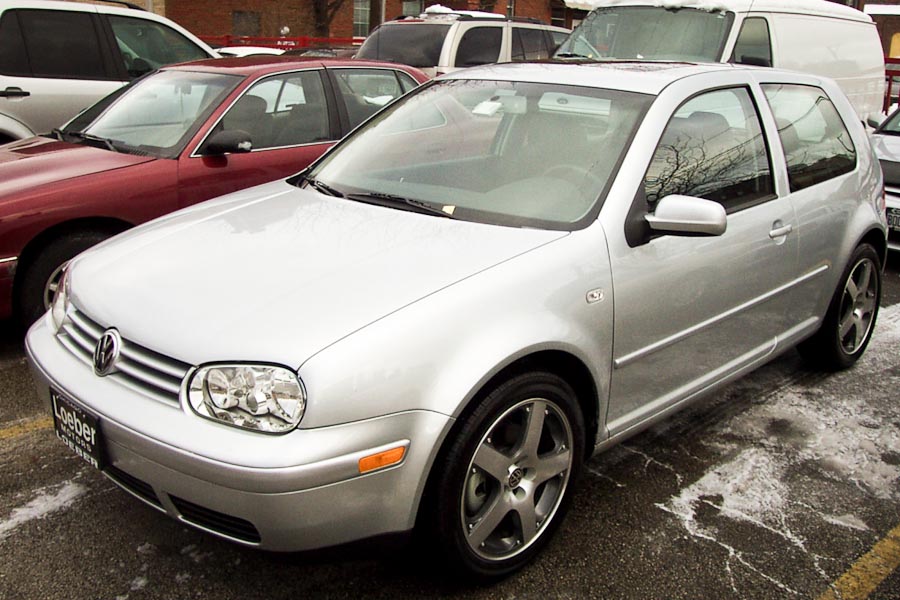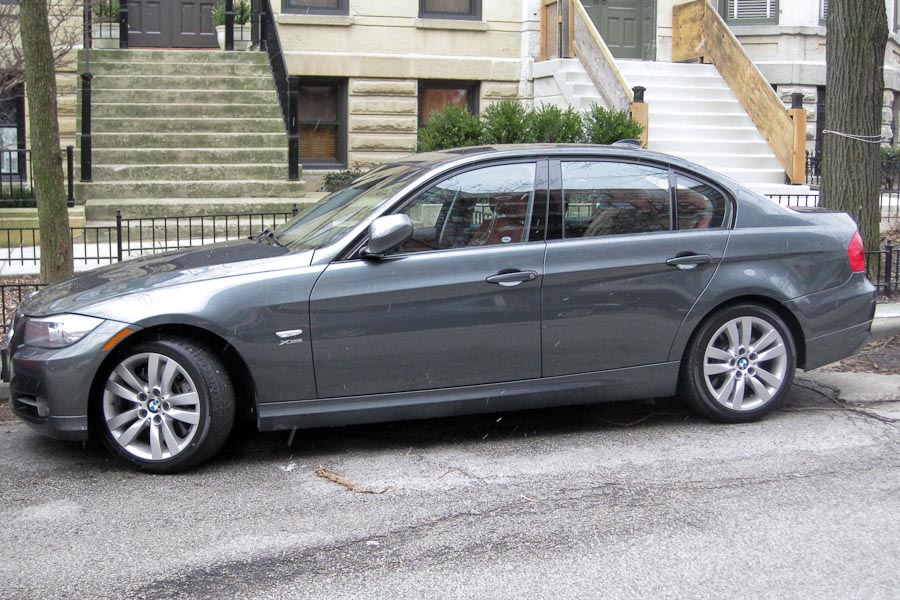 The City of Chicago received its first city charter 175 years ago today:
The City of Chicago received its first city charter 175 years ago today:
Chicago's earliest charters reflected its small population, restricted geographic area, and limited governing needs. These first town charters were conferred in 1833 and 1835, when only a few hundred settlers clustered on a small site along Lake Michigan. Under its town charters, Chicago was governed by an elected Board of Trustees which wielded little political or financial power. In 1837 Chicago received its first city charter, which divided the city into six wards, allowed for a mayor elected to a one-year term, and legally incorporated Chicago as a municipality. The city grew so rapidly thereafter that new charter legislation was constantly needed. In 1847 charter legislation increased the wards to nine and designated annual elections for a city attorney, treasurer, tax collector, and surveyor. Still another charter was granted in 1851, followed by more charter legislation in 1853, 1857, and 1861.
On 4 March 1837, Chicago had 4,170 people spilling out of 250 Ha; today, with 2.6 millions in 567 km², we're the 3rd largest city in the U.S. and the 53rd largest in the world. (The metropolitan area, with 9½ million people, is 29th largest in the world.)
On the day Chicago became a city, the spot where I'm sitting was a few meters above a marshy beach, 4 km outside of town. Today it's considered "downtown" in one of the most vibrant and well-balanced cities in the world. And it's my home.
Last night I said goodbye to an old and faithful friend:

João took me all over the country—well, from here to Maine, Iowa, and North Carolina, anyway—and suffered in silence being parked on the streets of Chicago most of his days.
Yes, after a little more than ten years, we've parted ways. In his place is this gorgeous thing:

I sure will miss my old Volkswagen. Sometimes.
I don't mean the tax is stupid; I mean a tax on stupidity. As in, mine.
I'm planning two baseball trips this year, the first to Florida to see the Cubs play the Marlins on April 19th, and the Twins at the Rays on the 20th. So far, I've got my flights, the Rays ticket, and a car reservation. Marlins tickets went on sale this morning.
This is when I discovered I have to pay a stupid tax. Because, when I checked out the Marlins' schedule a couple of weeks ago, they were planning on a night game on the 19th. Unfortunately, the final schedule has the April 19th game at 12:40pm. Remember how I have my flights already? Oops. I need to come in Wednesday night for the Thursday day game.
American Airlines will be pleased, I'm sure. I will not, as this is suddenly the most expensive set of flights I'll be taking this year, including this month's trip to London. Stupid.
Update: This is why I love American Airlines, and why talking to an actual person is helpful. It turns out, the fare to arrive the night before is $11 less. Unfortunately, I had to pay a penalty to change the ticket—but it was a lot less than I had feared.
While Chicago finished its ninth-warmest (meteorological) winter in history on February 29th, Illinois as a whole finished its third warmest:
This year the average winter temperature was 1.2°C, 2.9°C above normal, and the third warmest winter on record. Here are the top four warmest winters. As you can see, we had a two-way tie for second place.
- First place, the winter of 1931-32 at 2.8°C;
- Second place, a tie between 1997-98 and 2001-02 at 1.4°C;
- Third place, this winter at 1.2°C.
Not only was it warm in terms of the average temperatures, but this winter lacked the really cold weather. Only a few place had temperatures drop below zero [Fahrenheit, -17.2°C]. The coldest reading for the winter was a mere -21°C at both Galena and Elizabeth in the far northwestern corner of the state.
Chicago had no days below zero Fahrenheit, thanks to the inland sea next to us.
We're now looking forward to a warm and wet spring...
The Atlantic's Jeffrey Goldberg spent 45 minutes with President Obama this week. The President laid out his thoughts on Israel and Iran, and reminded us why we voted for him:
President Obama: I think that the Israeli government recognizes that, as president of the United States, I don't bluff. I also don't, as a matter of sound policy, go around advertising exactly what our intentions are. But I think both the Iranian and the Israeli governments recognize that when the United States says it is unacceptable for Iran to have a nuclear weapon, we mean what we say. Let me describe very specifically why this is important to us.
[A]s Israel's closest friend and ally, and as one that has devoted the last three years to making sure that Israel has additional security capabilities, and has worked to manage a series of difficult problems and questions over the past three years, I do point out to them that we have a sanctions architecture that is far more effective than anybody anticipated; that we have a world that is about as united as you get behind the sanctions; that our assessment, which is shared by the Israelis, is that Iran does not yet have a nuclear weapon and is not yet in a position to obtain a nuclear weapon without us having a pretty long lead time in which we will know that they are making that attempt.
In that context, our argument is going to be that it is important for us to see if we can solve this thing permanently, as opposed to temporarily. And the only way, historically, that a country has ultimately decided not to get nuclear weapons without constant military intervention has been when they themselves take [nuclear weapons] off the table.
It's a long interview, but one worth reading. And I think it sends a clear message to Israeli Prime Minister Binyamin Netanyahu: don't go rogue on this.
The last 24 hours have been modestly eventful in U.S. politics:
- Just a few minutes ago, Maryland became the 8th state to legalize same-sex marriage. Only 42 to go...including Illinois.
- Conservative blogger Andrew Breitbart died at 42. He was known for his casual, bordering on abusive, relationship to the truth. The evil that men do lives after them; the good is oft interred with their bones; so let it be with Breitbart.
- An appeals court judge in Montana yesterday sent a racist email to colleagues. Today he apologized and filed a complaint against himself with the 9th Circuit. This is called "taking responsibility," which is good to see in our public officials.
More, I'm sure, later.
Via Bruce Schneier, a retired counter-terrorism expert rants about the TSA's airport screenings:
The entire TSA paradigm is flawed. It requires an impossibility for it to succeed. For the TSA model to work, every single possible means of causing danger to an aircraft or its passengers must be eliminated. This is an impossibility. While passengers are being frisked and digitally strip-searched a few dozen yards away, cooks and dish washers at the local concourse “Chili’s” are using and cleaning butcher knives.
TSA’s de facto policy to this point has been to react to the latest thing tried by a terrorist, which is invariably something that Al Qaeda identified as a technique not addressed by current screening. While this narrows Al Qaeda’s options, their list of attack ideas remains long and they are imaginative. Therefore, if TSA continues to react to each and every new thing tried, three things are certain:
1. Nothing Al Qaeda tries will be caught the first time because it was designed around gaps in TSA security.
2. It is impossible to eliminate all gaps in airline security.
3. Airline security screening based on eliminating every vulnerability will therefore fail because it is impossible. But it will by necessity become increasingly onerous and invasive on the travelers.
Nothing new in the critique, but it's good to hear it from someone who knows his stuff.
That's where Chicago found itself today, inside the warm, dry southern sector of a major winter storm. The temperature got up to 15°C, with 65 km/h wind gusts, but as the cold front has pushed through behind the dry wedge, temperatures have fallen 6°C in the last three hours.
Still, today we finish the 10th warmest winter in recorded history:
Meteorological winter finishes as it began in Chicago---milder than normal. The three month season is noteworthy on a number of fronts. It's the mildest winter in 14 years and has posted more 40-degree (Fahrenheit) and warmer temperatures than any winter in the 80 years since 1931-32. It also ranks 10th mildest of the past 142 winter seasons.
Each of the three months of soon-to-close meteorological winter 2011-12 have posted temperature surpluses. February becomes the fifth consecutive month in Chicago to finish with temperatures which have averaged above normal. And as if that's not impressive enough, a stunning 76 of this winter season's 91 days—84 per cent of them—have finished at or above normal!
Climatologists predict that spring will be warm and wet as well. I can definitely get used to winters like this, though.
We came close. Mid-January it looked like Chicago would have its warmest winter in 80 years, but with the cool-down last weekend, the ranking has slipped a bit:
Two days remain in February and the 2011-12 meteorological winter season! It closes at midnight Thursday and is on track to finish the 10th-warmest December through February period of the past 142 years.
Estimates that this season's average Chicago temperature is to come in at 0.3°C places it 3°C above the long-term average and the mildest here since 1997-98's 0.5°C average.
But:
The chances for a -18°C or lower temperature occurring this late in the cold season are fading fast. Prospects "low" at best. Failure to produce a 0-degree reading would make this only the 13th cold season since the city's observational record began in 1870 to be "zero-free" and mark the first time in the three decades since 1982-83 that a winter has failed to produce a single -18°C temperature here.
While this winter's limited chill and lack of snow have garnered a good deal of attention, so has its generous number of 4.4°C and warmer days. The last winter winter with as many 40s (°F) occurred 80 years ago.
Even though we didn't get quite to the record, we're still quite happy that we went from fall to spring with only about four days of winter. I, personally, could get used to this.